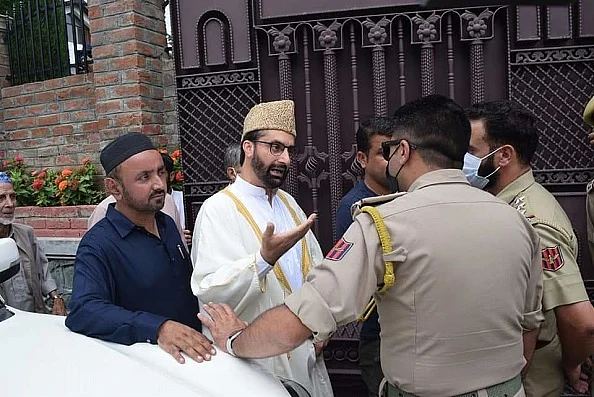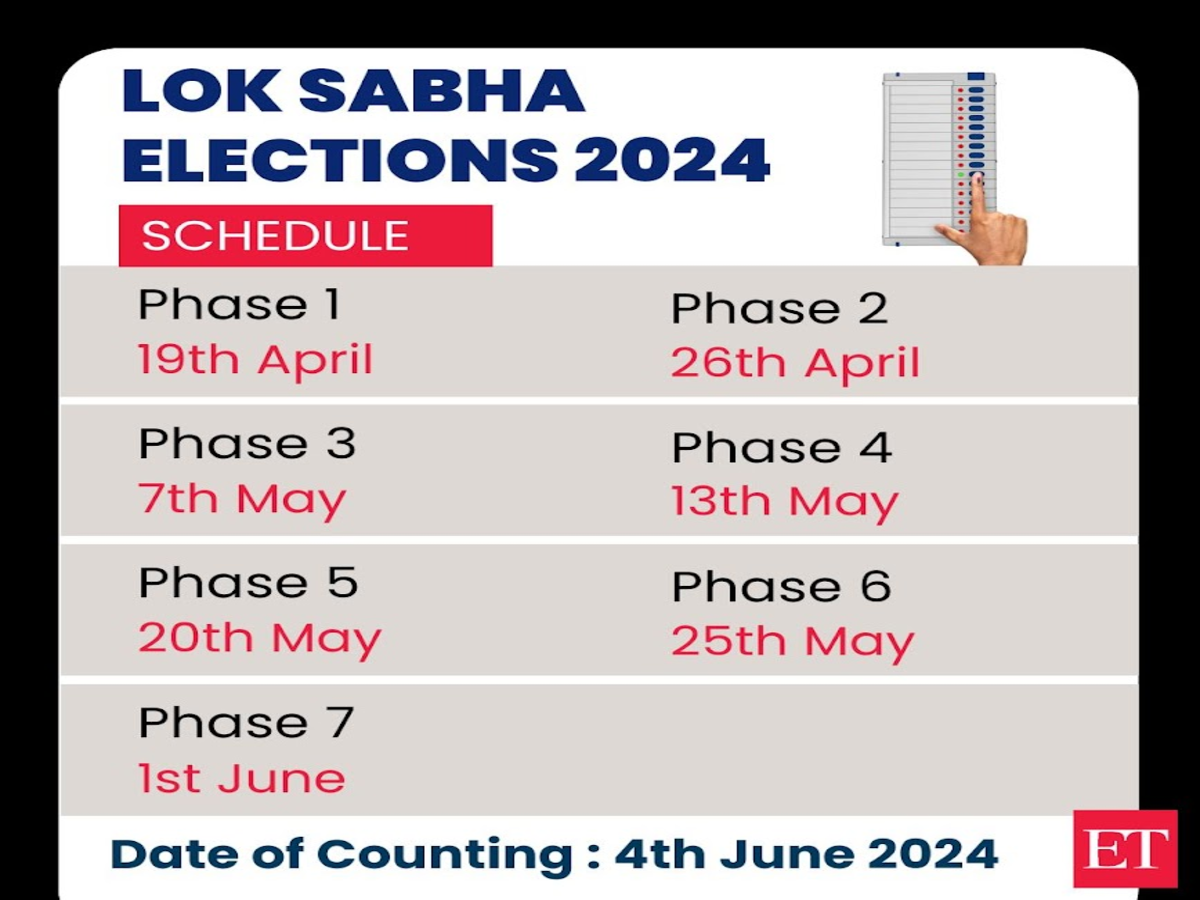Mirwaiz Umar Farooq Placed Under House Arrest for Third Friday, Barred from Jamia Masjid in Srinagar
By Javid Amin | September 26, 2025
Jamia Masjid Blockade Continues
For the third consecutive Friday, Mirwaiz Umar Farooq, Kashmir’s chief cleric and one of the region’s most prominent socio-religious leaders, was placed under house arrest in Srinagar. The move once again prevented him from delivering the weekly Friday sermon at the historic Jamia Masjid, where thousands traditionally gather for congregational prayers.
-
Security forces were deployed outside Mirwaiz’s residence in Nigeen early Friday morning.
-
Worshippers at Jamia Masjid expressed frustration and sadness at his continued absence.
-
No official explanation was provided by authorities for the restrictions.
In a brief statement, Mirwaiz said:
“This is not just about me—it’s about the right of people to congregate, reflect, and pray.”
Civil Liberties Under Scrutiny
Rights groups and civil society activists argue that repeated curbs on Mirwaiz’s movement reflect a shrinking space for peaceful religious expression in Kashmir.
Observers warn that such measures risk:
-
Alienating communities who view the Jamia Masjid as a spiritual and cultural hub.
-
Deepening mistrust between citizens and the administration.
-
Eroding democratic freedoms under the pretext of maintaining law and order.
A Srinagar-based political analyst remarked:
“The Jamia Masjid is not merely a mosque—it is symbolic of Kashmir’s religious and political identity. Restricting its pulpit weakens public faith in dialogue.”
Context: A Pattern of Restrictions
Mirwaiz Umar Farooq has lived under a mix of detentions and house arrests since the abrogation of Article 370 in 2019.
-
While restrictions had eased intermittently in recent years, the ban on his sermons has re-emerged as part of what appears to be a renewed security protocol.
-
The clampdowns often coincide with sensitive political anniversaries, public gatherings, or heightened tensions.
-
Rights groups see this as part of a broader “preventive policing” approach that prioritizes control over reconciliation.
What’s at Stake
The repeated house arrest of Mirwaiz raises wider questions:
-
Is Kashmir’s religious leadership being systematically sidelined?
-
Can spiritual platforms like Jamia Masjid continue to function freely under tight security controls?
-
Will this curb further polarize Kashmir’s political landscape ahead of the October Assembly session?
For many Kashmiris, Mirwaiz’s absence from Jamia Masjid is more than an administrative decision—it represents the silencing of a centuries-old voice of faith and guidance.



